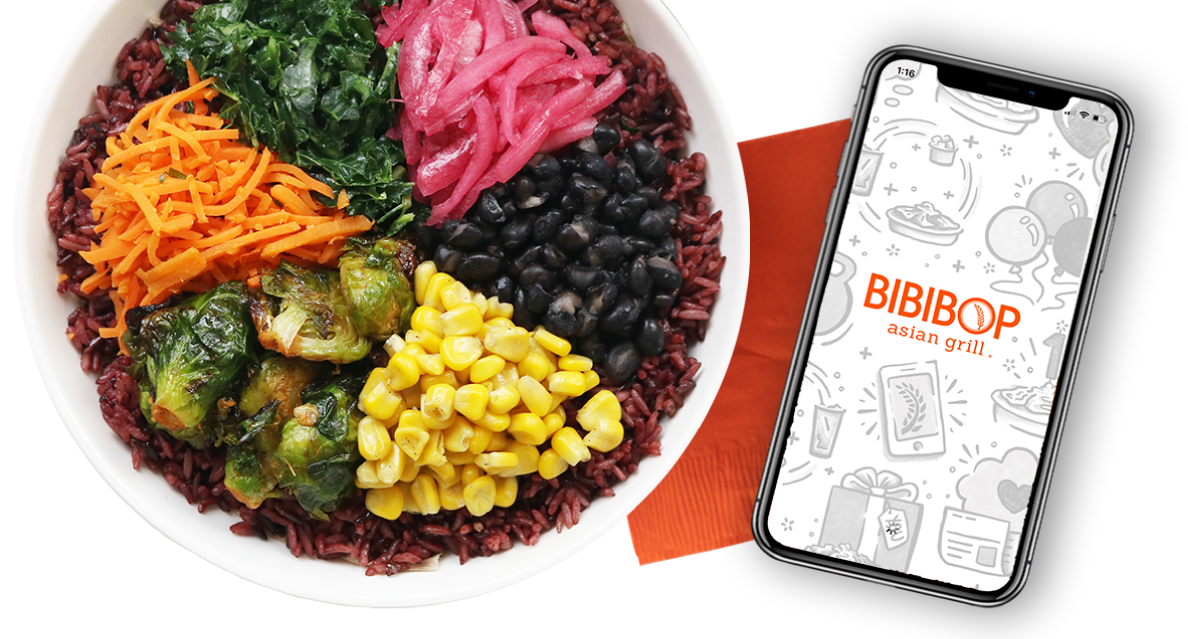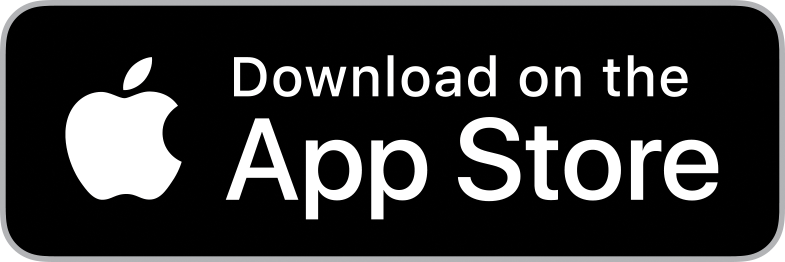If you have walked through the door of a BIBIBOP Asian Grill, you would have seen our Validated Gluten-Free Safe Spot badge. But, do you know what being 100% gluten-free really means?
Many celebrities, fitness coaches, and influencers have used their social media platforms lately to share the benefits of a gluten-free diet; however, it is vital to remember that these diets they promote may not be for everyone.
To help you learn a bit more about gluten-free diets, we researched a handful of medical professionals and specialists in internal medicine & obesity. These individuals helped define the dangers and advantages of cutting gluten and how to make it part of a healthy eating program.
What is a gluten-free diet?
Gluten-free diets refer to consuming only whole foods that do not contain gluten, like the fruits and vegetables you pretended to enjoy as a kid, meat and eggs, and processed gluten-free foods like gluten-free bread or your favorite pasta.
Although gluten is a protein that occurs naturally in foods, companies may add it during processing to give their food more texture &/or flavor. Always consider gluten could be in foods you might not expect, such as sauces, frozen desserts, and your pre-workout supplement.
Some people are convinced going gluten-free means not eating carbohydrates, but this is not the case. At BIBIBOP, many foods containing carbs, such as white rice, purple rice, potatoes, and beans, do not have any gluten.
Who might benefit from eating a gluten-free meal?
Guests who have been diagnosed with celiac disease
A gluten-free diet is essential for guests with celiac disease, an autoimmune response to gluten causing the body to impact the small intestine, causing pain, nausea, bloating, or diarrhea.
Guests who might have a gluten sensitivity
Another possibility that may prompt someone to kick gluten from their diet is non-celiac gluten sensitivities (also known as gluten intolerances). Although there might not be clear explanations for gluten intolerance, specialists continue to learn how to help.
From our research, it is important not to assume that gastrointestinal irritation results from gluten. If you are reading this and thinking you might have a gluten intolerance, we recommend you work with a physician or a dietitian to get the necessary information.
People with a wheat allergy
Wheat can trigger an immune response in our bodies, which causes symptoms such as rashes, headaches, or sneezing. Remember that you can still find gluten in other grains.
Can you go gluten-free to lose weight?
People who adopt a gluten-free diet might be known to lose weight. Still, it could be because they are also mindful about consuming some of their favorite processed foods and refined carbohydrates that contain gluten. If you stop eating gluten to get to your weight loss goals, you will want to watch your portion sizes, exercise regularly, and eat a healthy number of whole foods like fruits, vegetables, and those leaner protein options.
Are there any risks to trying gluten-free dieting even if I am not celiac?
If you eliminate gluten from your diet entirely, you risk missing opportunities to have nutritious whole grains, fibers, and micronutrients. Getting your daily recommended servings of whole grains in your diet is especially important if you have a known history of heart disease or diabetes. In case you did not know, whole grains can lower cholesterol levels while helping to regulate blood sugar numbers. In addition, those same gluten-containing foods are sources of essential vitamins and minerals, including magnesium.
Remember that some processed gluten-free foods contain not-so-healthy ingredients like sodium, sugar, and fat. Indulging in these foods could lead to weight gain, blood sugar rollercoasters, and high blood pressure, among other problems. So, a gluten-free label will only necessarily qualify food as healthy if you think ahead.
If you do not have celiac disease or gastrointestinal irritation but want to eat better, remove some highly processed foods before eliminating gluten. Add more fruits, vegetables, whole-grain bread or pasta, and lean proteins. Many people will feel better simply by making better food selections, not removing gluten from their diet.
Can I go through gluten withdrawal if I start eating gluten-free?
No scientific evidence suggests that people suffer “withdrawal” when they stop eating gluten. Some people might feel dizzy, nauseous, anxious, and depressed when they quit gluten cold turkey. You will be happy to know that symptoms like these go away in weeks on a gluten-free diet but stay connected with your healthcare provider if symptoms continue.
How do I get started on my journey to gluten-free dieting?
If you are interested in beginning a gluten-free diet, start with a conversation with your healthcare provider. They have access to your history and can guide you to balance your eating plan that meets all restrictions.
Tips for making thoughtful adjustments if you have celiac disease include:
- Read the room – Check for warnings on packages. Many products that do not contain gluten could be processed in a facility with gluten-filled foods. Also, remember that some artificial colors and seasonings also contain gluten.
- Keep utensils, dishes, and other food prep items used for gluten-containing foods separate from your knives.
- Find alternative grain flour for wheat flour in cooking and baking.
Are you ready to try our Gluten-Free menu? Find a location nearest you. We’d love to see you.



